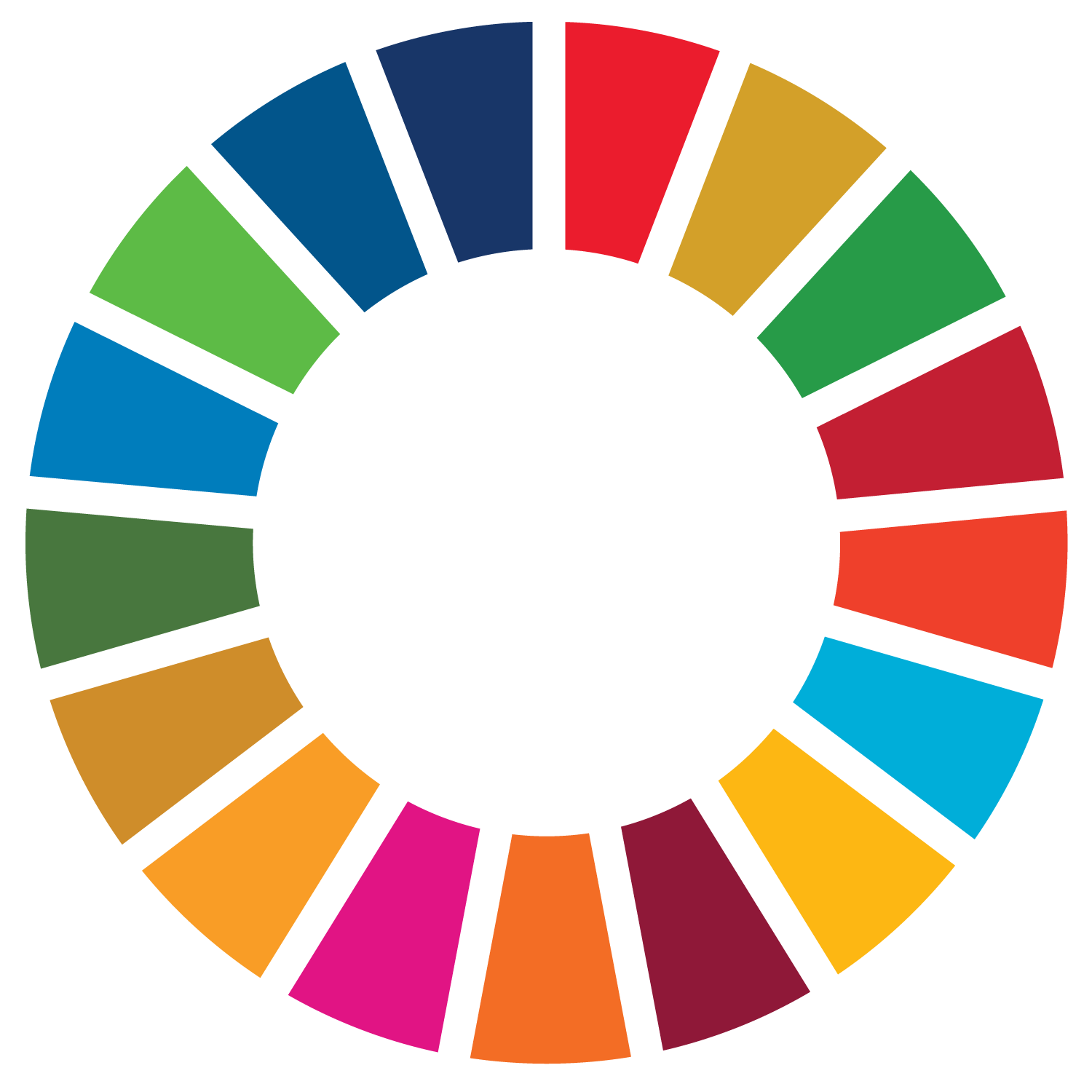© Unsplash
- April 10, 2025
The world’s remaining wetland ecosystems play a vital role in capturing and storing approximately 35% of global terrestrial carbon (Deng et al., 2022), while also providing critical habitats for endangered species and ensuring the availability of clean water and food for millions of people. In short, wetlands are invaluable. Yet, they are under increasing threat from climate change, urbanisation and land-use pressures, making their protection an urgent global priority.
Effective conservation, however, depends on knowing where wetlands are and how they are changing over time. This is precisely the critical insight that the Global Wetland Watch (GWW) will provide. Within a year, this initiative will begin delivering comprehensive wetland data to UN member countries, with the official global portal launch set for 2026. The platform will offer a repository of information, including wetland types, habitat conditions and surface water dynamics, empowering nations to make informed decisions to safeguard these essential ecosystems.
To reach these goals, GWW have partnered with selected pilot countries to ensure GWW outcomes are designed to serve national needs. South Africa is one of these pilot countries that has joined the discussion and co-development with the GWW team.
As part of this in-country engagement, the GWW team has just returned from a 10-day mission to South Africa to conduct workshops and field trips to understand national wetland challenges and come up with new solutions to manage and restore wetlands globally.
To learn more about the work of the Global Wetland Watch in South Africa, read Torsten Bondo’s the full account of their recent mission .
Share this post
UNEP DHI Partnership – Centre on Water and Environment
Agern Allé 5, 2970 Denmark
Tel: +45 45169200
